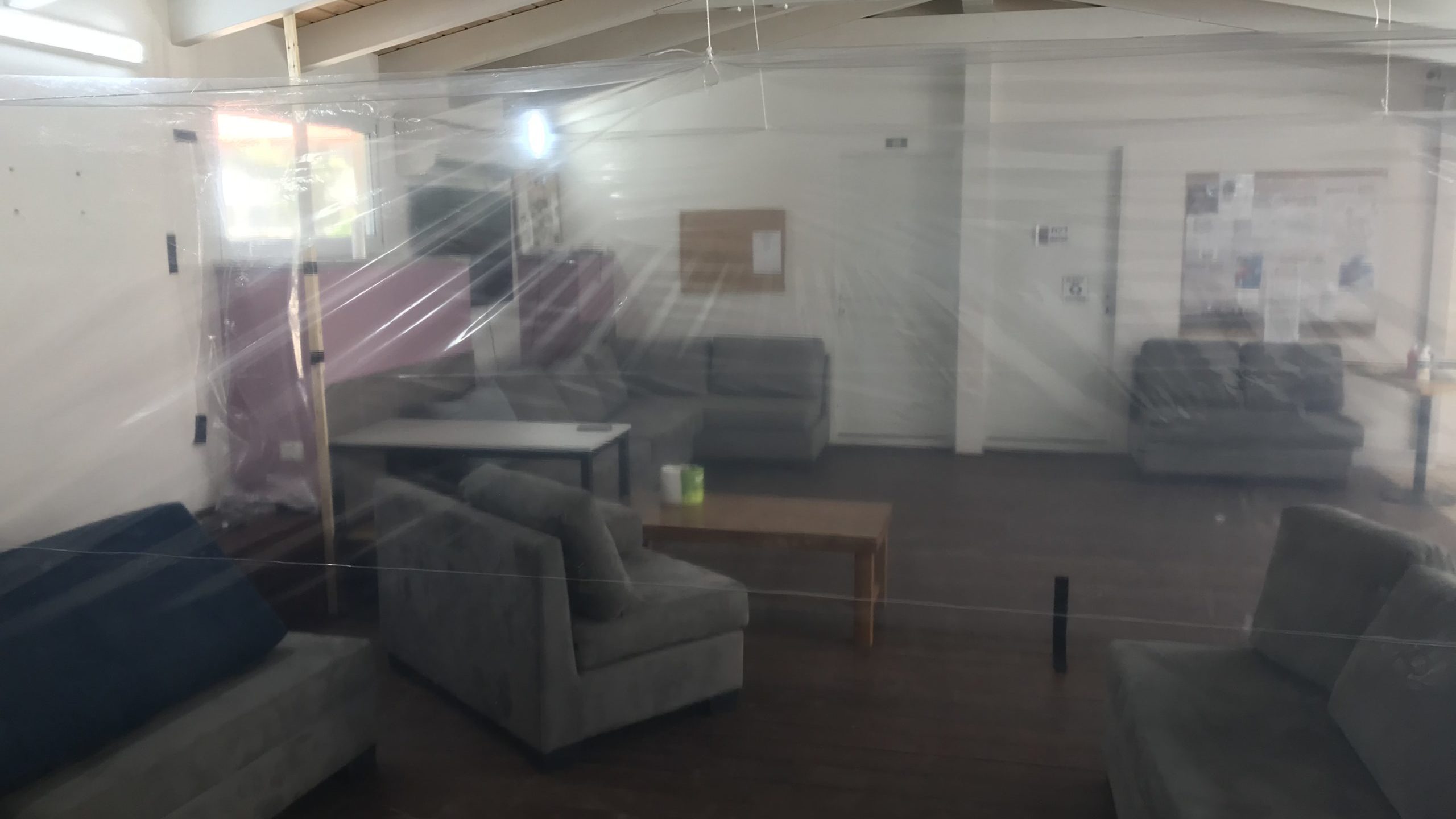Experts Fear Mideast Pupils Could Fall Behind with Remote Learning
Households in region often lack personal computers, access to high-speed internet
While pupils in many Middle Eastern nations risk falling behind as the coronavirus pandemic forces schools to switch to online learning, Israel plans to provide assistance to young people without computers and internet services at home.
According to the country’s Education Ministry, students in grades 5-12 will be learning from home three days out of five during the school week, and will be in the classroom the other two.
During September and October, the ministry will provide 160,000 laptops and communications packages for the 9% of 2.4 million students at some 5,170 schools who lack home computers and internet access, according to Dr. Ofer Rimon, deputy head of the ministry’s remote-learning department.
Students will also be able to borrow computers and other equipment from their school library.
Another solution has been to upgrade schools for what Rimon describes as “e-learning” by increasing the number of computers and projectors, as well as high-speed internet connections in classrooms. There are also plans to enhance capabilities for cloud computing.
“When we put this infrastructure in schools, it allowed all the other students to come with computers,” he told The Media Line. “We call it BYOD – Bring Your Own Device. This is the physical infrastructure.”
When we put this infrastructure in schools, it allowed all the other students to come with computers. We call it BYOD – Bring Your Own Device. This is the physical infrastructure
Yet for Dan Ben-David, president and founder of the Shoresh Institution for Socioeconomic Research and a professor in Tel Aviv University’s Public Policy Department, providing computers to students from sectors with fewer resources, such as the Arab and ultra-Orthodox communities, is not enough.
“Just giving kids a computer doesn’t mean you are enabling them to use them by providing the internet and the technical support and everything else they need,” Ben-David told The Media Line. “There’s a major lack of preparedness in that regard.”
Just giving kids a computer doesn’t mean you are enabling them to use them by providing the internet and the technical support and everything else they need. There’s a major lack of preparedness in that regard
The latest data for Israel from the Organization for Economic Cooperation and Development (OECD) shows that in 2017, 22% of the country’s households did not have at least one working personal computer, and 25.9% lacked internet access.
Meanwhile, more than 100 high school and college-aged students from abroad are scheduled to arrive in Israel on Sunday for the fall semester at Alexander Muss High School in Hod Hasharon, east of Tel Aviv. After landing at Ben-Gurion Airport, they will be transported to the school’s campus where they will undergo the required two-week quarantine.
“Students will bring their own laptop computers from home,” Dr. Mark Shinar, the head of Alexander Muss, told The Media Line, adding that each classroom was equipped with a desktop for teachers to use for remote learning, as well as several extra computers when needed.
Efforts are also underway outside Israel to provide pupils lacking key equipment or services.
On Tuesday, Oman’s Sultan Haitham bin Tarik announced via the official Oman News Agency that he was ordering free laptops for low-income Omanis enrolling in colleges and universities for the academic year starting in September.
About 17% of the Gulf state’s 43,000 higher education students registered for the fall semester will qualify.
Shelly Culbertson, a senior policy researcher at the RAND Corporation who focuses on education in the Middle East, has a unique understanding of the challenges facing education systems in the region, having spent close to a decade working in Qatar, Iraq, Jordan, Lebanon and Turkey.
She says that in addition to the importance of internet and device penetration, a big challenge for the coming school year lies in training teachers to provide an online curriculum.
“In the Middle East, teacher training has historically been very weak. In some countries, the qualification to be a teacher is an associate degree, not a bachelor’s degree,” Culbertson told The Media Line, adding that the ability of some teachers to use computers might be limited.
In the Middle East, teacher training has historically been very weak. In some countries, the qualification to be a teacher is an associate degree, not a bachelor’s degree
She adds, however, that countries such as Qatar, the United Arab Emirates and Israel are very sophisticated in terms of teacher-training and the provision of resources.
Nevertheless, it is a very different story in places like Iraq.
“I’ve done education work in Iraq. They don’t use the computer lab because they are afraid of breaking the computers,” she said, adding that they also “lack electricity.”
Many students in the Middle East without remote-learning resources risk losing an entire school year. According to the United Nations, nearly 24 million pupils in 180 countries could also drop out due to the economic consequences of the coronavirus crisis.
“It’s going to be a case of haves and have-nots coming out of the pandemic for the school year,” Culbertson said. “For a lot of kids in the Middle East, it’s going to be a lost year of education.”


